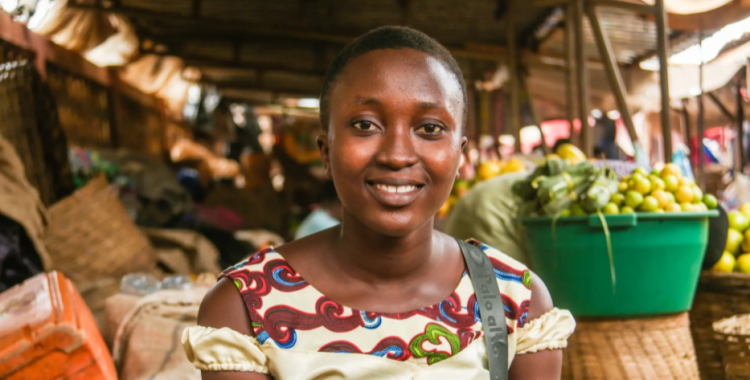The conclusions are contained in the preliminary version of the report on "Inclusive Public Policy from a Gender Perspective 2019-2021", produced by the Mosaiko association, which promoted an international debate on the topic last week.
The study concluded that it is women who most seek to register their children, but at the same time they are the ones who find it most difficult to do so.
"Most women do not have an identity card and there is a widespread understanding, between women and men, that men should have priority in accessing the document", indicates the report.
With regard to access to justice, it was concluded that, despite the law, women are discriminated against and do not have a system of administration of justice to defend them in situations of violation of their rights.
Furthermore, "society devalues and normalizes violence against women and it is itself evaded to detract from the seriousness of crimes committed against itself", with single mothers, widows or separated victims being the preferred victims.
"More than half of women remain silent and do not turn to anyone to resolve their conflict," the document adds.
In terms of access to education, the report points to the need to promote gender awareness in this sector to enable girls' access and advancement in school and notes that there is a higher rate of school dropout among girls, from 15 years old onwards, due to early pregnancy, burdens and household responsibilities.
In the field of maternal health, Mosaiko researchers concluded that human rights violations in health facilities are recurrent.
"Many health services require the man's presence in the family planning consultation, not to make him a participant, but to give him the power to decide whether or not his wife can use contraceptive methods.
As for participation in local organizations, the study indicates that "women are removed from decision-making spaces, have no voice and are educated to submit and normalize their exclusion".
It is also concluded that "the participation of both men and women is weak and both are subject to a hierarchical leadership structure closed to debate".
The report also emphasizes that "women work from childhood to death, without any appreciation or respect inside and outside the home with very few or even no resources or working conditions.
In rural areas, women have difficulties in accessing land, seeds, work tools and in urban areas, zunga (street selling) is a risky, unprotected and unrecognized activity, the study states that several focused recommendations in solving the problems identified.
The report was produced within the scope of the project PAPPIA – Promotion of Advocacy for Inclusive Public Policies in Angola, implemented in partnership by Mosaiko – Instituto para a Cidadania and FEC – Fé e Cooperación Foundation, with funding from the European Union and Camões Cooperation Institute and Language.
The survey was conducted between June 2019 and November 2020 in 15 municipalities in the provinces of Uíge, Luanda, Benguela, Huambo and Huíla, with 4692 families.







